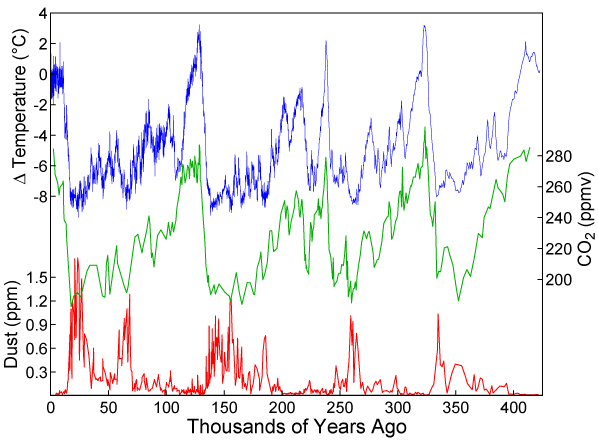Khan
Gone but not forgotten
- Joined
- Aug 23, 2006
- Messages
- 6,924
No, but I have gotten fed up with all that talk from the GW alarmists. News item after news item, 'little Ellie May says the birds are here earlier every year', ' Max has to put away his snowmobile earlier this spring...', "Grandma Wilson doesn't ever remember it being this warm on Christmas Day (never mind that Grandma Wilson doesn't rememeber what she had for breakfast!)', and on , and on, and on.
That frustration does make it easy to try to toss it back and see what the response is. It's probably meaningless, long term trends are what is important.
I did hear another science podcast out of Australia today. The guy was talking about how we had a cooling period from (IIRC) about 1750 - 1890. So, all this glacier melting stuff may just be the result of the ice building up over that cooling period, and we are returning to something closer to 'normal'.
Now, T-AL has a good graph of warming over the past 1000 years, but let's look back further:
Climate - Wikipedia, the free encyclopedia
Maybe we are right on schedule?
-ERD50
So are you in the
isn't happening
isn't our fault
is a good thing
can't do anything to stop it
camp?


